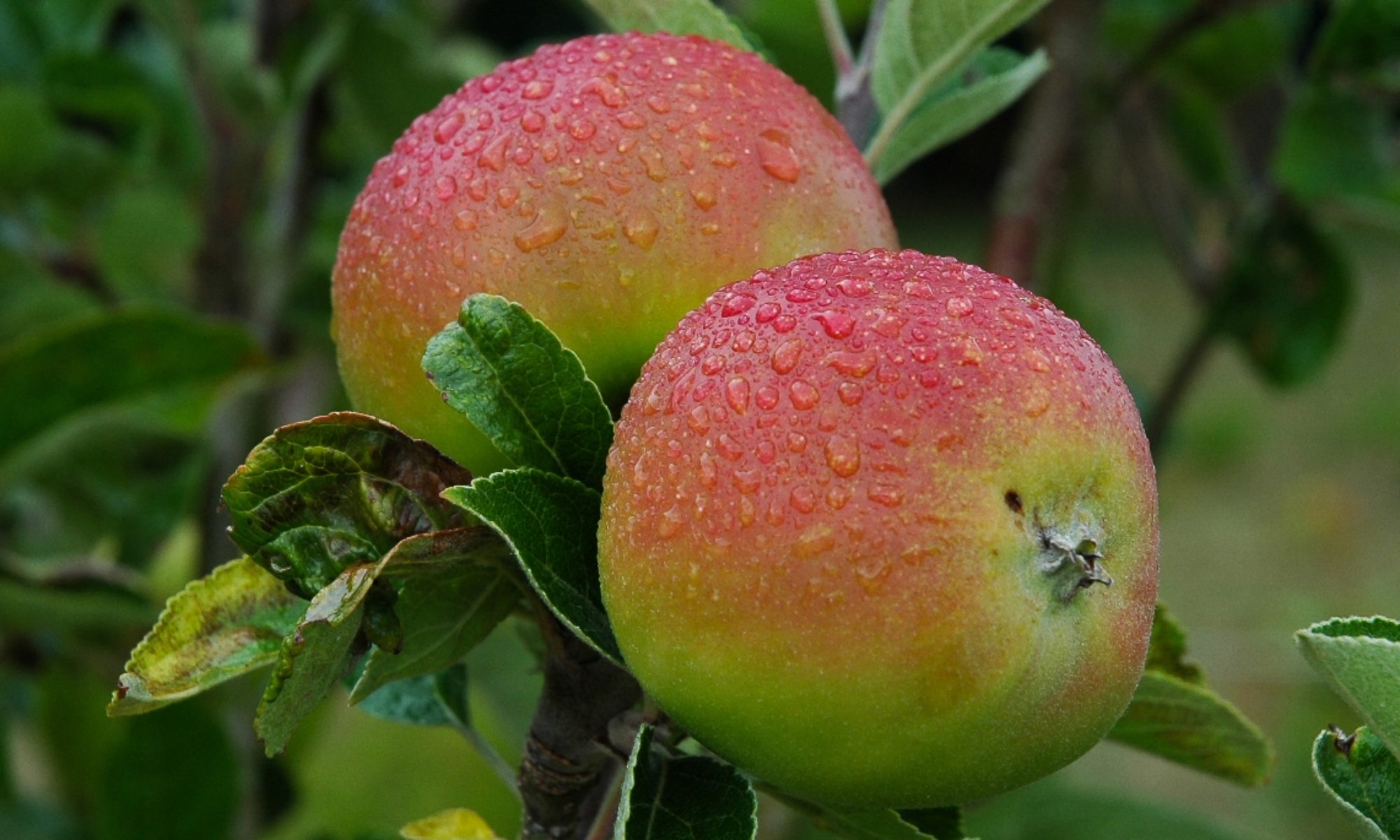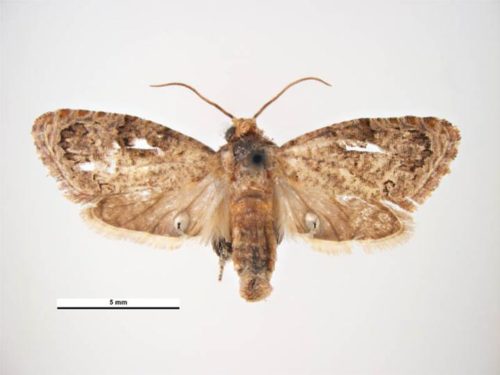False codling moth is a + 18 mm large moth belongs to the leaf rollers and belongs to the regions south of the Sahara in Africa.
Also known as:
Citrus cod
Orange cod
False codling moth (Thaumatotibia leucotreta). This + 18 mm large moth belongs to the leaf rollers and originates from the regions south of the Sahara in Africa. This moth has come unfortunately to Europe with roses grown in Africa (Kenya). In Europe, paprika is a favorite of this exotic moth and can cause a lot of damage, especially in greenhouse horticulture. In Africa, the false codling moth found on fruit trees (especially citrus), maize and oak trees.
The false codling moth does not survive frost; however, increasingly mild winters due to climate change may mean that this exotic moth settles in our temperate regions.
The European Commission has approved the false codling moth put on the quarantine list. This means that strict measures are taken if the moth is found in greenhouses.
Affected plants
- Paprika
- Citrus trees
- Maize
- Oak tree
Control
Difficult to control; once there are holes in the peppers or paprika and larvae are found, recovery is no longer possible.
Prevention
Does not apply.

